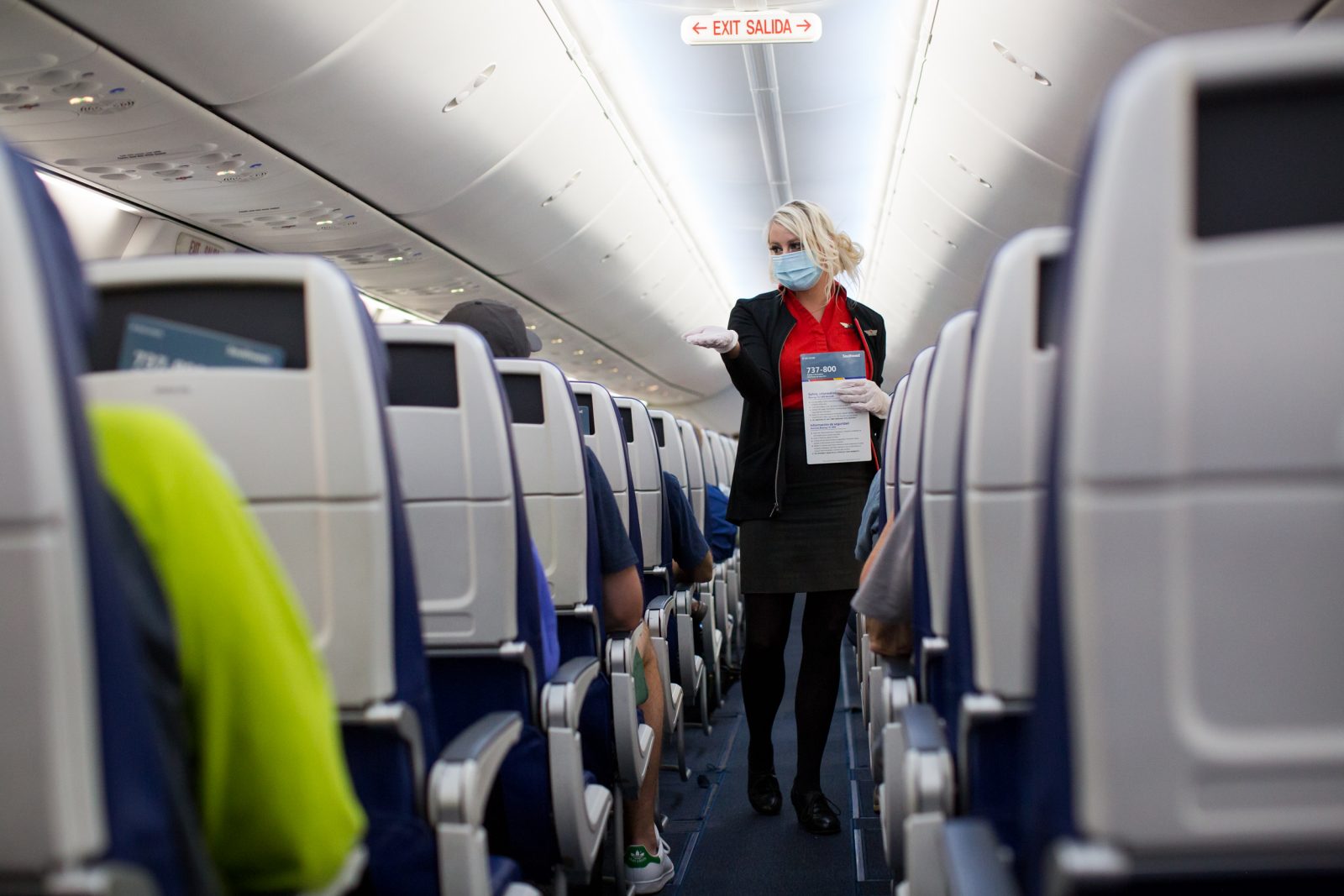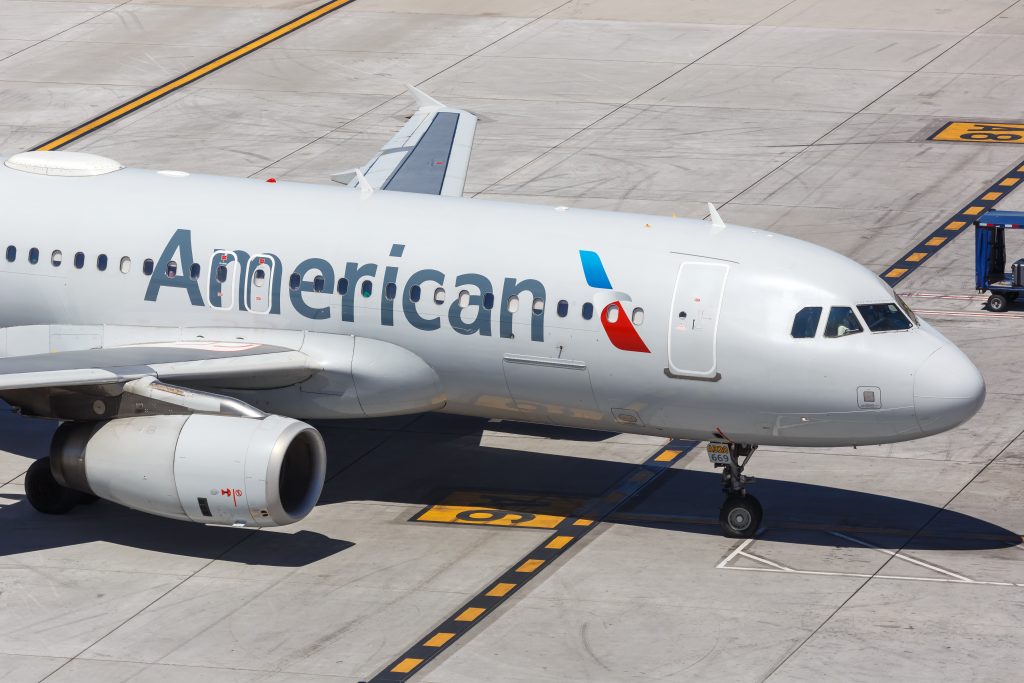
Female flight attendants who return to work after the birth of their children say they should have the right to pump milk on the job as they currently have to choose between working or continuing to feed their babies breastmilk.
“Flight Attendants face a number of challenges in the workplace as they return to work after the birth of a child, especially returning to work as a nursing Flight Attendant mom,” the Association of Flight Attendants (AFA-CWA) which represents around 50,000 flight attendants at airlines including United, Alaska and Frontier explains.

“Often nursing Flight Attendants have to choose between continuing to nurse newborns or returning to work in order to support their families,” a spokesperson for the union which is headed by firebrand leader Sara Nelson says.
Flight attendants somehow have to find the time and a suitable place to express milk on an aircraft during gruelling shifts. Something that many nursing flight attendants find impossible no matter how hard they try. “Meaning Flight Attendants may have to stop breastfeeding before they had planned,” AFA says.
All U.S. airports must now have private suites available for nursing mothers – often small booths – a change that came about from the FAA Reauthorization Act a few years ago. But there are currently no federal protections that would protect a flight attendant who might be running late for a flight because they are expressing milk in one of these booths.
Legislation currently in Congress might just change that with plans to guarantee new mothers “reasonable break time” and a private place to pump milk.
At the moment, the legislation includes airline employees but according to AFA, some airlines are currently lobbying lawmakers in an effort to specifically exclude flight attendants from the legislation.
AFA didn’t name which airlines were trying to keep flight attendants from expressing milk on the job.
The United States is one of only a handful of countries that allow female flight attendants to continue working while pregnant although many crew members choose to take time off from an early stage in their pregnancy because experts say there is a heightened risk in the first trimester.
Regulators in other countries ban pregnant flight attendants due to the perceived risk that an evacuation or other emergency situation might not be handled so well.
There is also a small but real risk of cosmic ionizing radiation affecting the pregnancy. The National Institute for Occupational Safety and Health (NIOSH) also says that disruption to circadian rhythm through jet lag and shiftwork, as well as the physical demands of the job could affect pregnancy in flight attendants.
Mateusz Maszczynski honed his skills as an international flight attendant at the most prominent airline in the Middle East and has been flying ever since... most recently for a well known European airline. Matt is passionate about the aviation industry and has become an expert in passenger experience and human-centric stories. Always keeping an ear close to the ground, Matt's industry insights, analysis and news coverage is frequently relied upon by some of the biggest names in journalism.








Just wait until the flight attendants union has a man running it. Demands for time to allow FAs to ….um..pleasure themselves down there and also to watch porn discreetly but ok if someone sees them.
Seriously, it boils down to time commitment on the job. For some flights, there’s just not enough time to allow this.